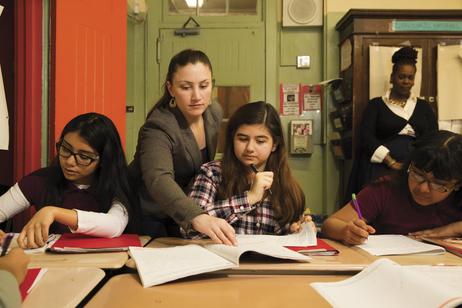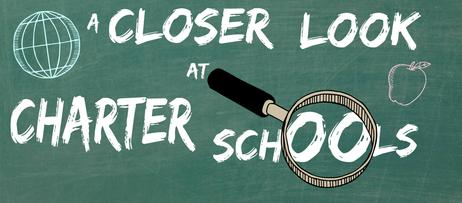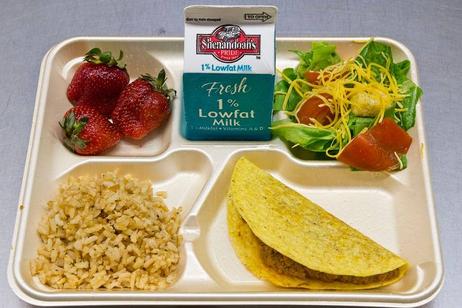Teaching salaries may no longer depend simply upon tenure or the type of degree an educator holds. Instead, their compensation as teachers may be based upon how well their students perform on tests!
In 2012 former NYC mayor Michael Bloomberg recently declared that student test scores would be a deciding factor in determining which teachers should be awarded tenure and which should not. Considering that tenure influences a teacher’s pay, this declaration inherently ties together test scores and compensation. Bloomberg also made a speech in Washington, alongside the Secretary of Education Arne Duncan, in which he to require all school districts in the state of New York to use "data-driven systems" to evaluate teacher and principal performance.
Although such proposals for performance-based pay for teachers have historically been fiercely opposed by teachers' unions, they are gaining ground in a number of states and seem to be part of a general larger trend towards increased school accountability.
This video from PolicyEd discusses the issue of performance-based teacher pay.
Supporters: Performance-Based Pay Will Benefit Students
The ranks of performance-based pay advocates have been growing in recent years. As the , Mr. Duncan said during Bloomberg's recent Washington press conference that "Everyone agrees the current system is broken." Those who support basing teacher evaluations on student test scores tend to say that performance-based






















